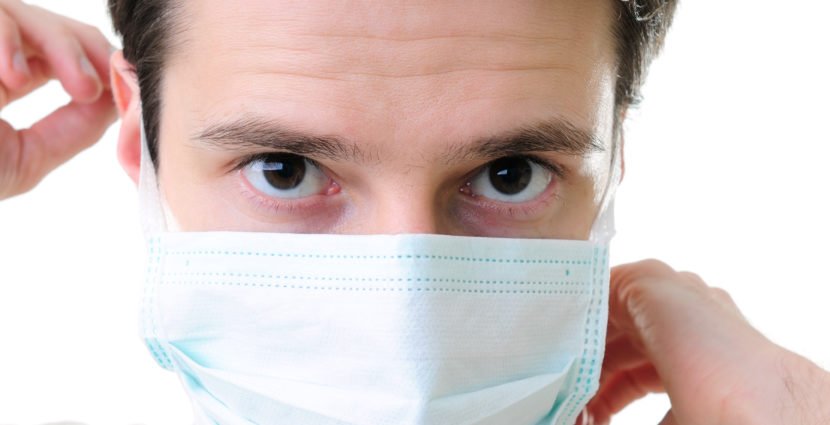Code 19 waste is now appearing on the roads all over the world, including Pakistan, but the waste generated by the corona virus can be converted into a special material to build roads.
In this way, one kilometer of two-lane road can be made from the fibers of a 3 million obsolete mask. But now 93 tons of masks and PPE can be recycled worldwide. In this regard, experts from RMIT University in Australia have recycled face masks for road raw materials.
But it can be strengthened by mixing face mask threads into building debris because that’s how it meets engineering and construction standards. In this way, the face mask can be applied to the base of the road and this mixture adds more stiffness to the road.
A record of this research and material has been published in Science for Total Environment, which considers the reuse of once used surgical masks. The reason is that the use of face masks has increased all over the world and now every day 6.8 billion face masks are being used and thrown away all over the world.
Dr. Muhammad Sabran of RMIT University says that now face masks are also becoming an important and big part of global waste. These land and sea are accumulating everywhere and we have given a clear possibility of using it in road construction.
This will help to somehow get rid of the mountain of PPE and masks. In this way, success from medical waste will go a long way in protecting and improving public health.
By international standards, the road has four layers, with subgrade, base, subbase and asphalt at the top. All of these layers must be equally strong and durable to withstand the load and pressure of heavy vehicles. Recycled concrete, ie building debris, can be mixed into mask fibers.
In this way, both building debris and PPE waste can be made reusable and reusable. Every day, tens of millions of tons of construction debris is generated around the world, which accumulates on the roads or fills up the garbage dumps. This way both the mask and the debris can be disposed of.






